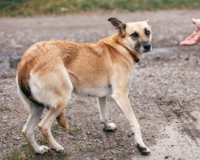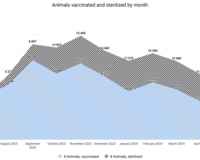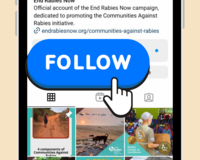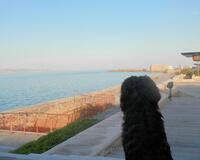Newsletter Issue 84
June, 2024
GARC News Articles

Advance Your Knowledge: New Dog Welfare Certificate is Here
GARC proudly announces its new Dog Welfare Certificate course, offering essential knowledge for anyone interested in canine care. Free and online, this self-paced course covers key topics like diet, shelter, body language, behavior, and health, focusing on low-resource settings. Ideal for any person interested in the well-being of any dog – their own or a community dog.

Enhanced features for better rabies surveillance
With interpreting rabies data remaining core to rabies elimination efforts, we have upgraded the Rabies Epidemiological Bulletin to ensure that users not only have access to a more stable system with improved data security but that they also benefit from new and improved data visualization – ensuring a better user experience for easier interpretation of data collected in the field.

End Rabies Now is on Instagram!
Introducing the End Rabies Now Instagram page dedicated to promoting the Communities Against Rabies initiative! It highlights the stories, updates, and news of Rabies Centers of Excellence and Dog Health Champions around the world and aims to create a community among rabies stakeholders. Follow us @end.rabies.now

More support for practical national planning
Since 2018, GARC has partnered with the FAO to deliver 30 in-country SARE workshops that serve to develop practical and feasible work plans to achieve rabies elimination. But these workshops are ever-evolving and new improvements and exercises have been incorporated to provide practical, realistic, and sustainable solutions to the challenges that rabies-endemic countries face in the implementation of their rabies control activities.

From Greece to GARC: A journey to understanding rabies
Explore personal reflections from someone who grew up in a country without rabies, and how their perceptions and understanding of interactions with dogs was thus affected. With a better understanding of the disease, their understanding of the challenges faced changed, seeing how dogs can be perceived in many different ways by different people.